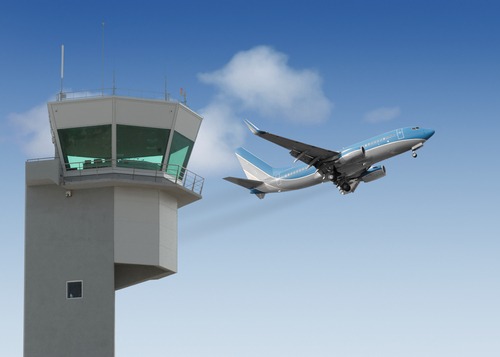
The Georgia Transportation Alliance (GTA) has joined with Delta Air Lines in supporting the 21st Century Aviation Innovation, Reform, and Reauthorization (AIRR) Act being considered by Congress, stating that maintaining the U.S. aviation system’s stellar safety record, particularly at the world’s busiest hub in Atlanta, is its first priority.
“We are always happy to see innovative legislation move forward with the support of one of Georgia’s largest employers in Delta,” GTA’s Executive Director Seth Millican told Transportation Today. “While more details will continue to come out, GTA is generally supportive of any and all efforts focused around innovation and safety in transportation.”
The AIRR Act, introduced in the House by U.S. Rep. Bill Shuster (R-PA), seeks to update the nation’s aviation system through fostering innovation in aviation equipment and technology as well as providing a comprehensive reform of the Federal Aviation Administration and the National Airspace System. A key goal of the legislation is also to modernize and “privatize” the nation’s Air Traffic Control (ATC) system under an independent non-profit model. Under the proposal, the FAA would continue regulating safety.
Millican said that while he believes the U.S. aviation system is extraordinarily safe, innovation is crucial to staying competitive and managing growth opportunities in Georgia’s transportation infrastructure.
Delta is headquartered in Atlanta and operates more than 1,000 peak-day departures from more than 117 gates at Hartsfield-Jackson Atlanta International Airport. A key economic driver for Atlanta and the entire southeast region, the airport is the busiest in the world for passenger traffic.
“Georgia is one of the fastest growing states in the U.S., and we anticipate seeing an additional 130,000-plus flights in and out of Hartsfield by 2030,” Millican said. “The first and foremost priority is, and always should be, safety. The primary change you’d see in ATC is broad-based technological transformation as old technology, which is currently remarkably safe, into newer technology that would allow for more total volume while still maintaining safety standards.”
Those safety standards should be the guidelines for all future innovation, said Millican of GTA, a group that focuses on finding long-term transportation solutions that fuel economic growth and job creation.
Congressmen representing districts in the Atlanta area have not yet weighed in publicly on the AIRR Act or the need to modernize the U.S. aviation system.
Specifically, U.S. Rep. David Scott, a Democrat who represents Georgia’s 13th District, had no comment on his position on the AIRR Act given that he is still reviewing the bill and evaluating its implications, according to Gary Woodward, the congressman’s chief of staff.
In addition, Rep. Austin Scott, a Republican who represents Georgia’s 8th District, did not immediately respond to a request to comment on the legislation.
Though previously on the fence about backing ATC privatization, Delta voiced its support of the legislation over the summer, with CEO Ed Bastian stating that the company was “working constructively” with Shuster.
“We have come out proponents of air traffic modernization. We have come out proponents of Chairman Shuster’s efforts to do that through a privatized non-profit entity,” Bastian said during Delta’s earnings call. “We think they are going to continue to improve over time, that we’re going to get the type of regulatory reform needed to make the modernization of our air traffic control systems a reality.”
Modernizing the nation’s ATC system would enhance safety and lead to greater operational efficiencies, advocates say. Furthermore, flight delays cost the U.S. economy $25 billion in 2016. Almost half of those delays are a result of an antiquated ATC system, according to Airlines for America, an organization that represents the nation’s leading U.S. airlines.